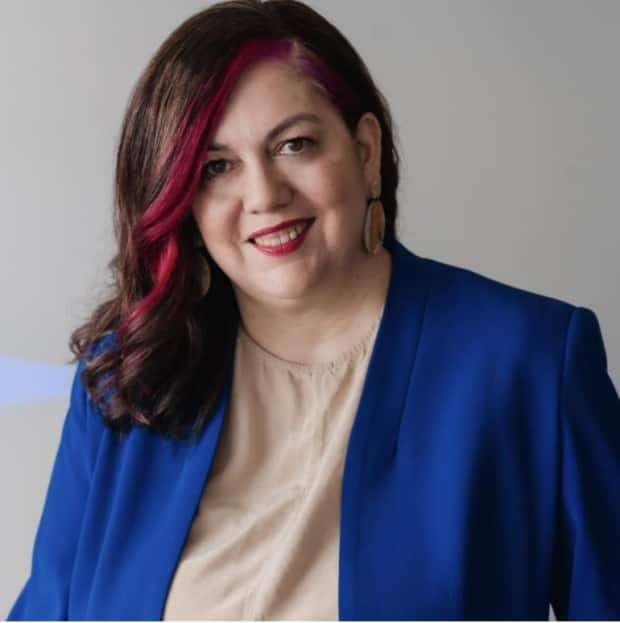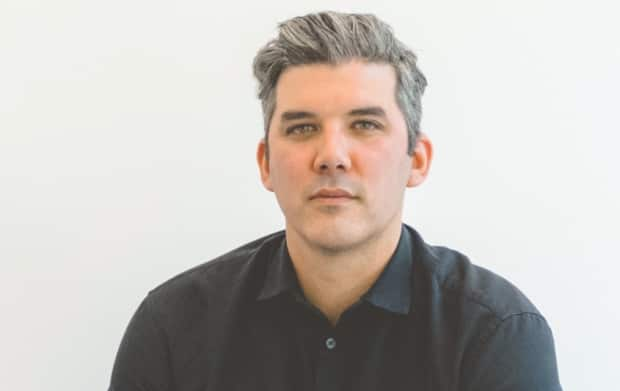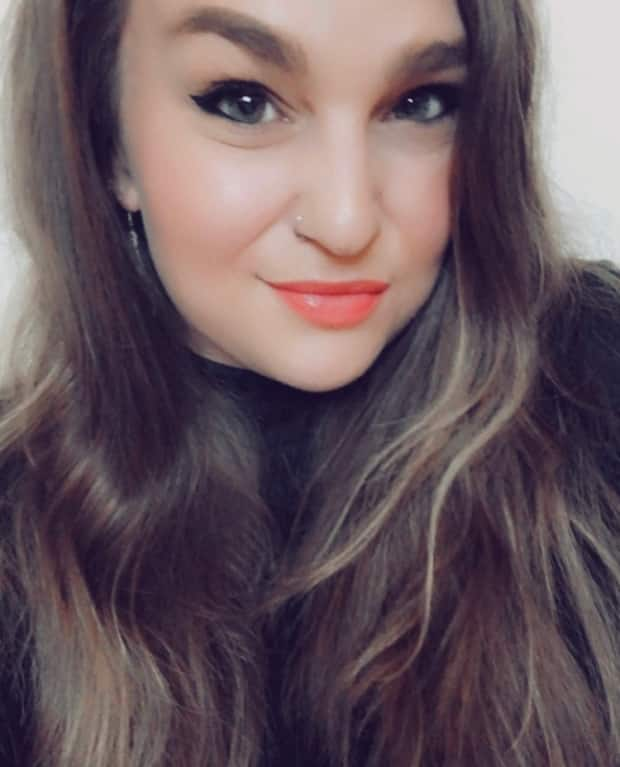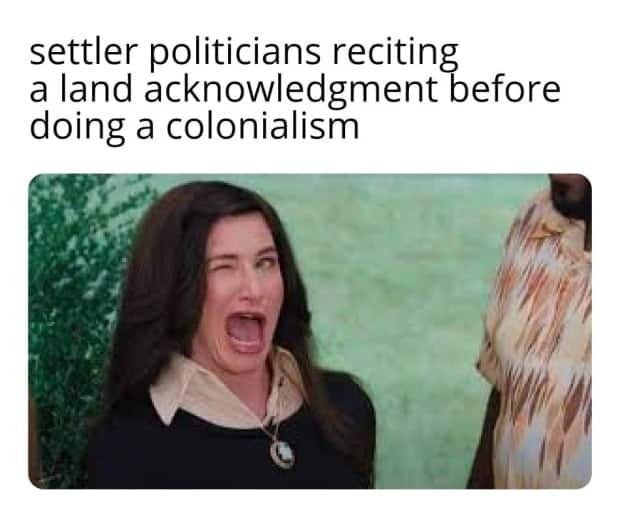What's wrong with land acknowledgments, and how to make them better

They've become so commonplace that you'll hear land acknowledgments at the start of hockey games, during academic conferences and even written at the bottom of corporate email signatures.
In an era of reconciliation, they're political statements meant to recognize First Nations, Inuit, and Métis territory, however many Indigenous people argue they've grown to become superficial, performative — and problematic.
CBC Indigenous spoke with five First Nations people about the issues they see, what they expect when others make land acknowledgments and advice on how they can ring less hollow.
Make it meaningful
For Ta7talíya Michelle Nahanee, who offers workshops on how to give territorial acknowledgments, land acknowledgments shouldn't be copied, pasted and read statements but rather meaningful personal commitments. Nahanee is Sḵwx̱wú7mesh (Squamish) from Eslha7án (Ustlawn) in B.C.

"I don't tell people which word to use, but I ask them to consider each word critically," said Nahanee, founder and CEO of the Vancouver-based business Nahanee Creative, a company that provides education and awareness to promote social change.
"I want people to be able to back up what you're saying, truly believe in it, and be ready to answer the question when someone criticizes you."
That also means taking the time to research specific names of nations rather than sweeping generalizations, and being cautious of subtext.
Even though they're called land or territorial acknowledgments, Nahanee said using the phrase "I acknowledge" can imply that it's not true.
"You wouldn't say, 'I acknowledge that my hair is brown, my eyes brown.' You just are on the land of these peoples," she said.
It's also important to keep the wording in the present tense, she said.
"A tool of colonialism is to keep us in the past tense," said Nahanee.
"To speak about your territorial acknowledgment in the past continues that dominant narrative."
Do the work
Hayden King, who is Anishinaabe from Beausoleil First Nation in Ontario, helped write Ryerson University's land acknowledgment in 2012. It's something he said he now regrets.
King said some of the problems he sees in Toronto is that land acknowledgments are simply inaccurate, include the same nation multiple times under different terms, or misinterpret treaty concepts such as the Dish With One Spoon into a metaphor of a "multicultural utopia."

"There's a … sort of historical untangling that's required to do this right, well and in a genuine way," he said.
"It really actually becomes harmful to the actually existing Indigenous nations that are still trying to negotiate and unravel their diplomatic relationships with each other."
Watch the Baroness von Sketch Show's satirical take on land acknowledgments:
King wants to see institutions, organizations, or whoever plans on making a land acknowledgment to collaborate with and support Indigenous communities.
"A land acknowledgment should be an obligation," said King.
That doesn't always have to be something that is public, either, he said.
"Do the internal work before you decide to step out into the world with your reconciliation mime. Do something different, actually work with Indigenous communities in a meaningful way."
Action is required
That sentiment was echoed by Devon Saulis, a member of the Tobique First Nation who lives in Ottawa.
"It's the very bottom layer you can do," she said of land acknowledgments.
"Actions speak louder than words."

Like King, Saulis said she's personally not a fan of land acknowledgments because of their performative nature. Even when acknowledgments point to wanting to build better relations and future with Indigenous people, she said, often institutions or organizations fail to put action to those words.
"You can have the nicest, most beautiful and most respectful land acknowledgment of all time but if you have no actions to back up your words, then why are you bothering?" said Saulis.
"If you're going to explicitly say in your land acknowledgment that you want better relations, then you have to prove and you have to show consistency and that you're actually doing those actions."
For Claudette Commanda, an Algonquin elder from Kitigan Zibi, Que., the issue boils down to the concept of land back.
"Are they ready to give us back our land? There has to be absolute action behind it," she said.
"Not just saying that we're scoring a brownie point on our Truth and Reconciliation Commission report card. There's much more to just words."

A first step to building relationships
When it comes to action, Kahsennoktha George wants to see companies and institutions participating in systemic change.
She is from Kanesatake in Quebec and is the ambassador and education and mobilization officer for Mikana, a non-profit organization that works for social change by educating different audiences on the realities and perspectives of Indigenous peoples.
"A starting point would be to initiate some kind of sustainable relationship with the people that you're going to be acknowledging," said George.
"The problem is that there are people, groups, institutions and systems that are benefiting from the continued land dispossession of Indigenous peoples while making territorial acknowledgments."

Despite the problems with land acknowledgments, George wants people to continue making them. She views them as opening the door toward decolonizing practices, reconciliation, or bridging awareness into action.
"It's still the beginning of some kind of conversation," she said.

 Yahoo Movies
Yahoo Movies 